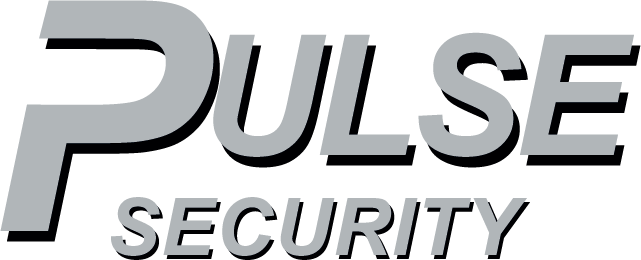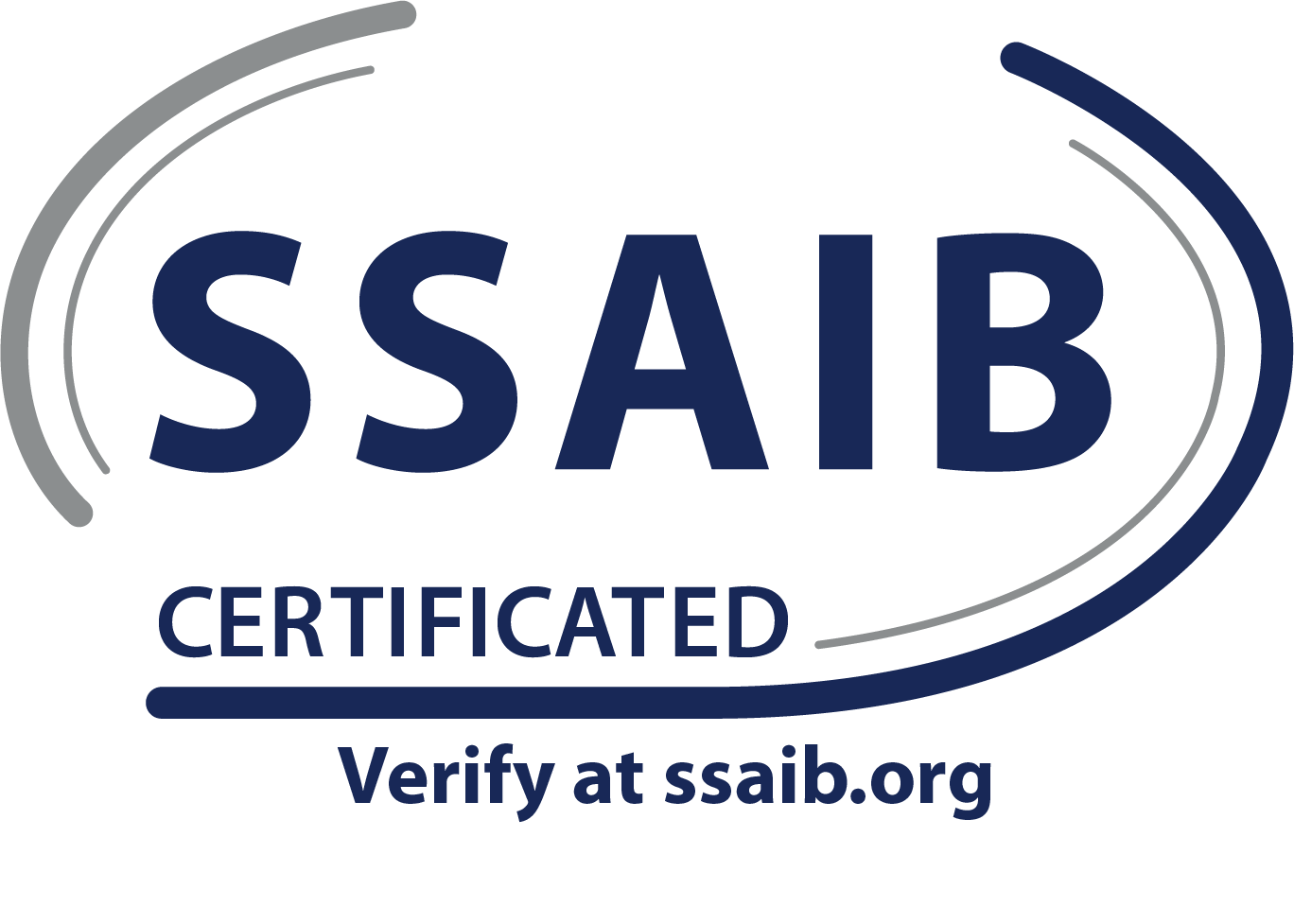
0800 298 8621
0208 560 4040

Access Control

Securing your Business
 Many organizations need more than just a basic access control system, which locks and unlocks doors. Advanced access control systems can provide vital data to help you monitor and manage events at your facility. With state-of-the-art facility access control from Pulse Security, you will know:
Many organizations need more than just a basic access control system, which locks and unlocks doors. Advanced access control systems can provide vital data to help you monitor and manage events at your facility. With state-of-the-art facility access control from Pulse Security, you will know:
Pulse Security can provide you complete access control system design, expert installation, and round-the-clock monitoring. We offer swift response times, comprehensive maintenance contracts, a secure inventory of spare cards for next day delivery, repair parts, and effective service levels. Our solutions include network based access control and professional card access control systems. Access control provides the authority and intelligence you need to maintain complete security across the full span of your operation’s critical facilities – from single door sites to multiple entry locations across the country. In addition, the right system can also help ensure regulatory compliance, asset protection, and deliver a healthy ROI.
As a business owner or property manager, you understand the imperative nature of having efficient, dynamic security measures put into place for all factors of your business. With the proliferation and sophistication of modern hackers, network security has become a top priority for many businesses. However, facility security is just as important to the livelihood of your business and should be considered just as seriously as network security.
Today’s access control systems can offer an unrivalled level of facility security. These systems are highly customizable for your facility and business type and can provide real-time insight into the areas of the facility that are being accessed at any given date and time. Some of these dynamic systems can even easily integrate with other facility security systems in place such as closed-circuit cameras or alarm systems.
Why do i need access control for my business?
Discretionary Access Control (DAC)
This type of security is known as discretionary access control and is only suitable for small premises with one, perhaps two doors. This is because, with discretionary access control, the end-user has the means to determine security level settings by granting access to others i.e. lending them their key card or telling them the pre-determined code.
It is therefore unsuitable for large premises or premises protecting sensitive information, where levels of access must be delegated and/or monitored.
Mandatory Access Control (MAC)
Mandatory Access Control is generally utilised in organisations that need an increased emphasis on the security and confidentiality of data. An example of this would be a military institution, in which the protection of classified information is paramount.
MAC does not permit the end-user to determine which entities have access to a facility or unit, rather, only the owner and system administrator have management of the access control. With MAC, the administrator will typically classify each individual end-user and provide them with a status which allows them to gain entry through some points of access, but not others, based on established security guidelines.
As this system gives individual labels to each end-user, it is best utilised in premises with a small number of staff or premises with low staff turnover. This is because any new members of staff, or members of staff with a new job role, will need to be to individually assigned access to each secured area, relative to their position.
Role-Based Access Control (RBAC)
Alternatively, a premise may utilise Role-Based Access Control (RBAC). RBAC is the most sought-after access control system, highly demanded among households and business premises alike.
With an RBAC system, access is determined by a system administrator and is based upon the end user’s role within a household or organisation, therefore access privileges are defined by the limitations of their job responsibility.
So rather than assigning an individual as a security manager and granting them access to each secured area relevant to them, as is the case with MAC, the security manager position already has access control permissions assigned to it.
This means that rather than the system administrator assigning permission to multiple individuals, they need only assign permissions to specific job titles.
The RBAC system is best utilised in large organisations that need extensive security. Defining a person’s permissions based on their job role rather than them as an individual, means you can control access for groups of people which greatly streamlines the process.